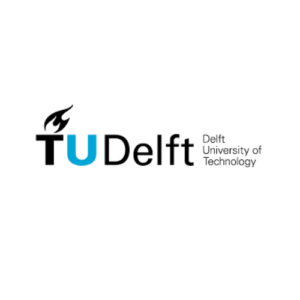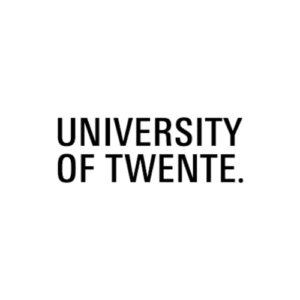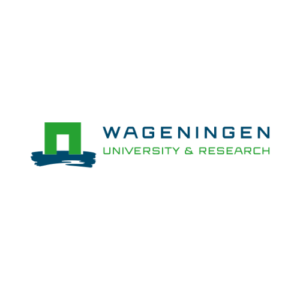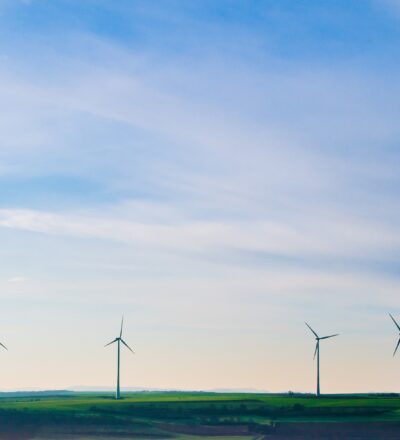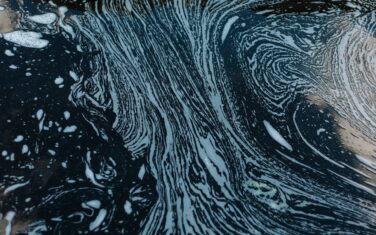In this project, the first proof-of-principle experiments on the redox-switchable selective adsorption and desorption of proteins (WP 1, WUR) will be set up, as well as a feasibility study based on literature data on the carbon monoxide (CO) and ethylene (WP 2, TUD) gas phase separations from mixtures.
In short:
- A study on Electrically Switchable Adsorption (ELSA) membranes in industrial separation processes
- Exploring the advantages of ELSA membranes
Electrically Switchable Adsorption (ELSA) membranes
In these systems, molecular recognition or designed affinity is responsible for the selective adsorption of the target molecules to a carrier, and a change of electric potential is used to switch from adsorption to desorption. The proposed experiments and literature study will enable setting up a large project (a collaboration between ISPT, TU Delft, Wageningen University and University Twente) on Electrically Switchable Adsorption (ELSA) membranes in industrial separation processes.
Advantages of using ELSA
The advantage of using ELSA membranes is that they can be driven directly by renewable energy sources such wind and solar energy. Moreover, this simple technique does not rely on chemicals and therefore, it can be employed in clean-labeled (food) products.
In the protein isolation line of investigation, we will test the feasibility of the large-scale separation of proteins out of a solution with also low-molecular weight electrolytes, and on the separation of Ca ions from a solution also containing monovalent ions (Na). In the CO and ethylene capture line of investigation, we will investigate based on literature data the feasibility of developing large-scale membranes based on Redox-Active Covalent Organic Frameworks (COFs) that allow the selective adsorption of CO or ethylene to adsorption sites a from a gas mixture. These feasibility studies will be performed by two postdocs, one postdoc will be working at WUR and one postdoc at TUD.
You might also be interested in
Acknowledgement & partners
This project is co-funded by TKI-E&I with the supplementary grant 'TKI- Toeslag' for Topconsortia for Knowledge and Innovation (TKI’s) of the Ministry of Economic Affairs and Climate Policy.
